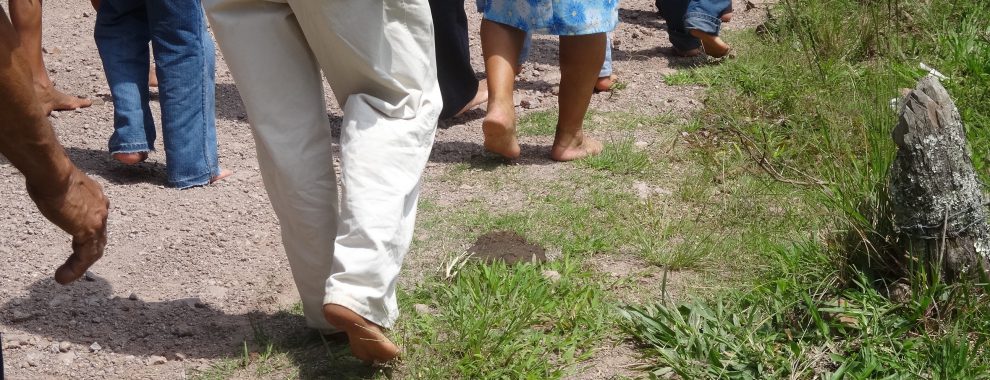Let us keep firm in the hope we profess…
Let us be consider how we may spur one another to love and good works.
Do not stay away from the meetings of the community…
Hebrews 10: 23-25
This reading from today’s lectionary touched me this morning, especially the call to stir up love and good works.
That is what those who try to live the Gospel do for me and that is why I love to recall the witnesses of God’s love, especially those I have in a calendar of witnesses to love and justice which I put together.
Today there are four people whose witness spur me on.
Today is the feast of St. John Bosco, founder of the Salesians to work with poor young people, lived from 1815 to 1888. Don Bosco died on this day on Turin where he lived and served the poor, especially the youth. As he explained his ministry:
I have promised God that until my last breath I shall have lived for my poor young people. I study for you, I work for you, I am ready to give my life for you. Take note that whatever I am, I have been entirely for you, day and night, morning and evening, at every moment.
Thomas Merton, Trappist monk, spiritual writer and witness to the God of peace and justice, was born on January 31, 1915, in France. In 1949, he wrote a letter to a class of children which included these thoughts:
I believe sometimes that God is sick of the rich people and the powerful and wise men of the world and that He is going to look elsewhere and find the underprivileged, those who are poor and have things very hard; even those who find it most difficult to avoid sin; and God is going to come down and walk among the poor people of the earth, among those who are unhappy and sinful and distressed and raise them up and make them the greatest saints and send them walking all over the universe with the steps of angels and the voices of prophets to bring his light back into the world again.
On January 31, 1980, in Guatemala City, Guatemalan forces invaded the Spanish Embassy which was being occupied by indigenous people demanding their rights. The subsequent fire killed about forty Quichés, including Vicente Menchú, the father of Rigoberta Menchú, who later received a Nobel Peace Prize. She reported these words of her father:
I am a Christian and the duty of a Christian is to fight all the injustices committed against our people. It is not right that our people give their blood, their pure lives, for the few who are in power….
Some people give their blood and some people give their strength. So while we can, we must give our strength. In this hour of need, we must look after our little lives very well so that they provide a source of strength for our people…. We want no more dead, we want no more martyrs, because we already have too many in our land, in our fields, through too many massacres. What we must do is protect our lives as much as we can and carry on our struggle…
Sometime during the evening of January 31 and February 1, 1998, Fr. Vjeko Curic was killed near Holy Family church in Kigali, Rwanda. He was a Franciscan priest from Croatian missionary who ministered to victims of the massacres during the 1994 civil war. He was called “Father Courage” and “Oscar Shindler of Rwanda.” He explained his mission in this way:
I have chosen to come to Rwanda to work for the Kingdom of God, living among these people: I want to share with them their joys, sufferings, and risks.





